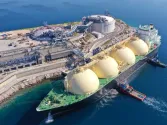
Andhra Pradesh's deal renegotiations could derail $40b of renewables investment: report
The state is in the process of reviewing deals due to allegations of corruption.
Nearly $40b of investments into India’s renewables sector are at risk of being derailed amidst the state of Andhra Pradesh’s (AP) call for retrospective renegotiation and cancellation of renewable energy projects made by the previous government, an analysis by the Institute for Energy Economics & Financial Analysis (IEEFA) argued.
Newly elected chief minister Jaganmohan Reddy also called for a slew of measures including recovery notices for solar and wind projects contracted at high tariffs, a revision of high tariffs to match the level of recent low tariffs, and cancellation of a few big projects including 21 wind power projects, the landmark 600MW Siemens Gamesa hybrid project, the Axis Energy hybrid project, a number of energy storage projects and about 600MW of schedulable power.
The renewable power tariffs under contention range from 4.9 cents (INR3.50)/kWh to 7.7 cents (INR5.45)/kWh and were signed during the previous feed-in-tariff (FIT) regime.

Reddy has called for renegotiations whilst suggesting corruption in the awarding of contracts and further blaming contracts for the financial losses of AP’s state-owned power distribution companies (discoms).
However, according to IEEFA analyst Kashish Shah, AP’s two discoms, Andhra Pradesh Southern Power Distribution Company (APSPDL) and Andhra Pradesh Eastern Power Distribution Company (APEPDCL), have both made “entirely unsustainable losses” of $130m and $90m respectively in FY2018/19.
“The gap between the average cost of supply (ACS) and average revenue realised (ARR) per unit of electricity supplied was prohibitively high at Rs0.23/kWh and Rs0.71/kWh for APSPDL and APEPDCL respectively,” he said.
“Expensive legacy thermal power PPAs, tariff cross-subsidies, high aggregate transmission, and commercial (AT&C) losses are some of the key reasons for state-owned discoms’ bad financial health across the country,” he said, and added that thermal power purchase agreements (PPAs) in India mandate payment of fixed cost charges whether or not the power is drawn by discoms. This has caused discoms a huge degree of distress.
This decision is likely to come at a massive long-term cost by degrading AP’s state investment risk profile, IEEFA said. “This sovereign risk will materially undermine global capital flows into AP, raising the cost of capital and hence the required renewable energy tariffs, whilst undermining confidence and diminishing overall investment.”
The firm pointed out that AP has huge potential for attracting further renewable energy investments given the state’s solar irradiation and high-quality wind power sites. In 2018, 1.5GW of auctioned capacity out of AP’s move to build the world record creating 2GW Ananthapuram Solar Park resulted in tariffs between Rs2.70/kWh to 2.73/kWh from leading renewable energy developers SoftBank, Ayana Renewables and SPRNG Energy.
“AP is risking a long-term, low-cost, and deflationary pipeline of 35-40GW of new renewable energy investment for about 2GW of relatively expensive capacity. This is ‘pennywise but pound foolish’ when considering the size of the deflationary opportunities available to AP over the coming decade,” said Shah.
He added that whilst the Ministry of New and Renewable Energy (MNRE) and the Appellate Tribunal for Electricity (APTEL) have intervened and put a legal stay on AP’s orders in the APSPDCL Greenko case, uncertainty remains.
“If there has been corruption in expensive legacy contracts, as alleged by the AP government, they should be investigated in full. If proven, contract cancellations are entirely justifiable, and enforcement of a free and fair market will enhance India’s standing. For the benefit of India, the rule of law must apply in either case,” Shah concluded.
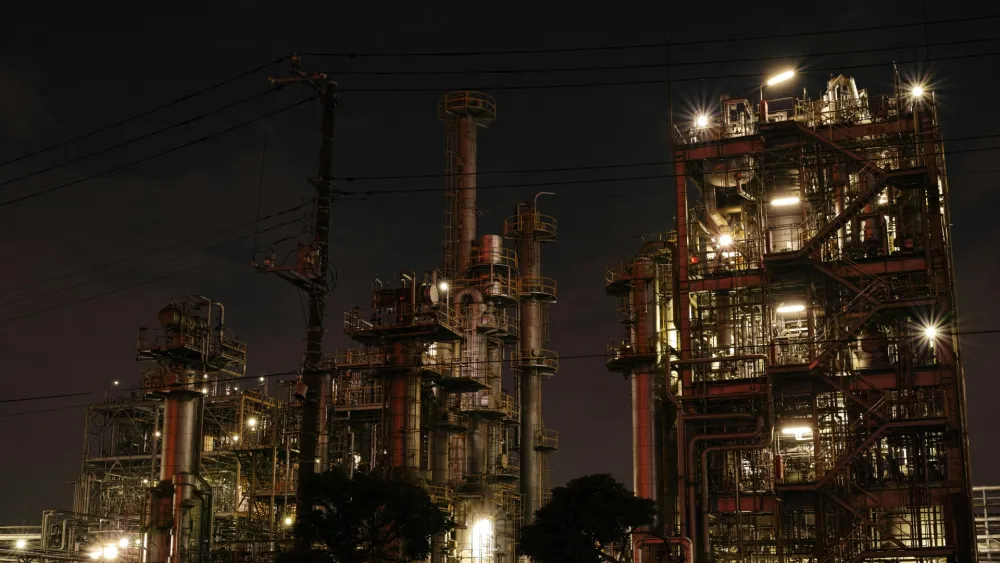
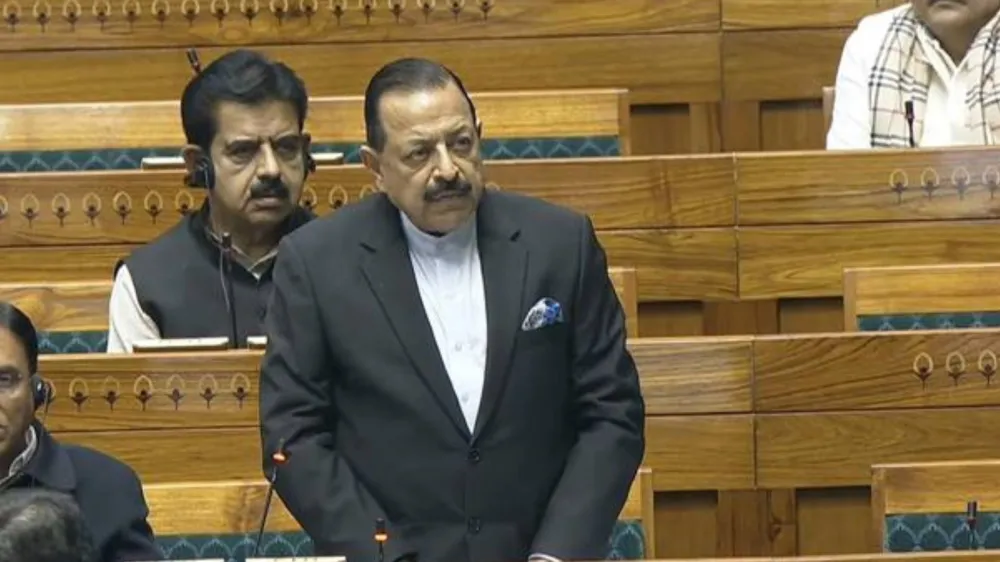
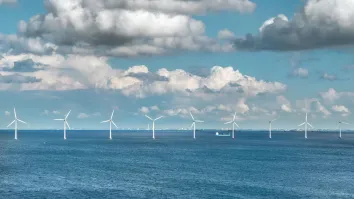
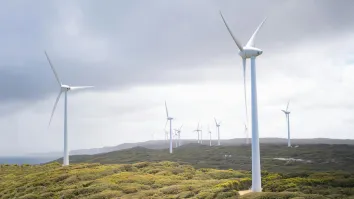
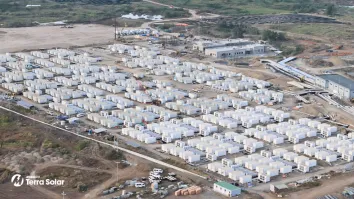
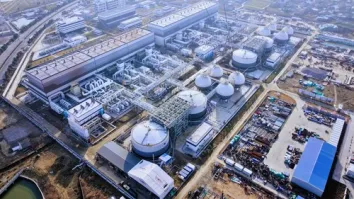













 Advertise
Advertise

